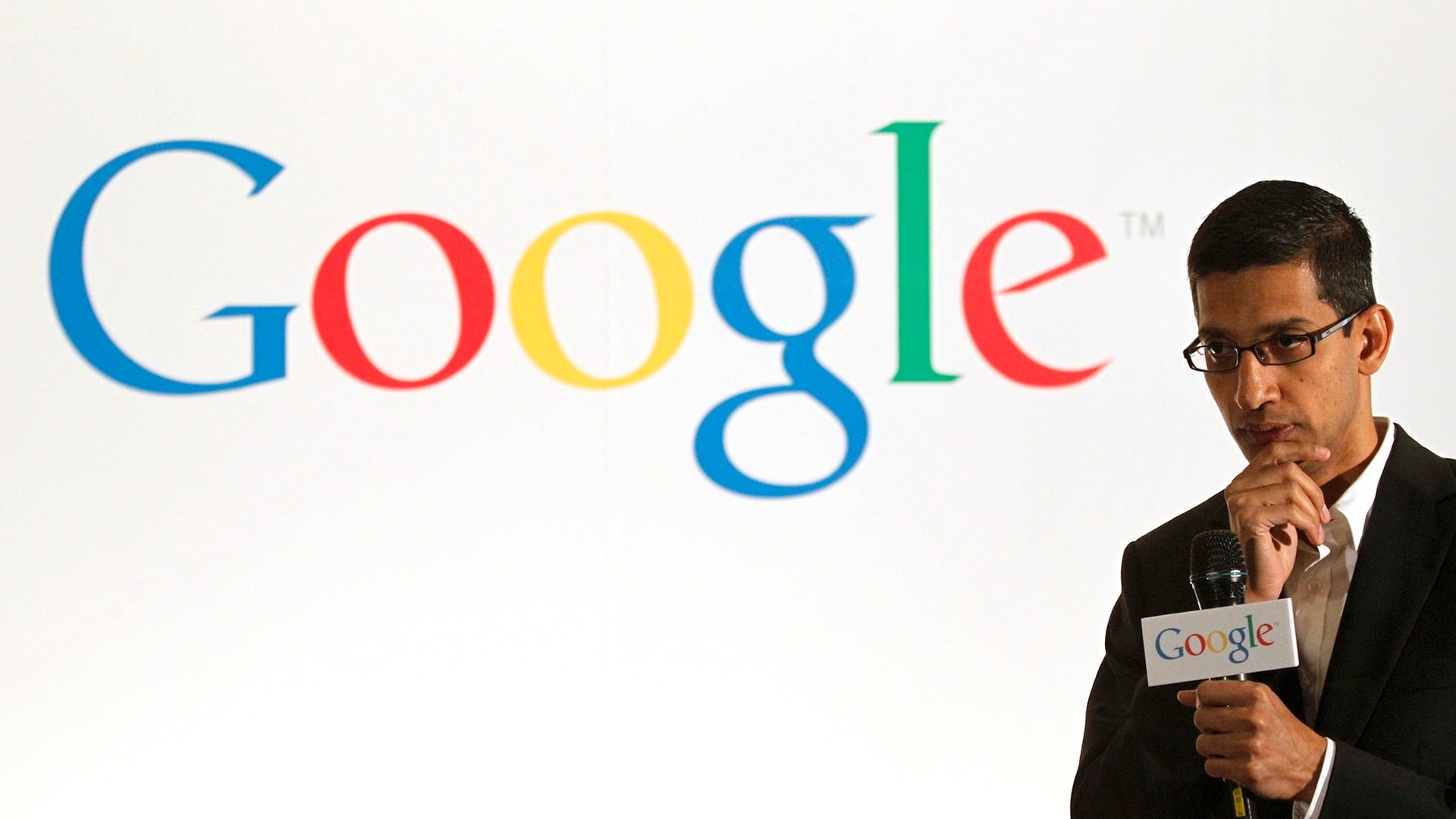Google is trying to build a phone service to show phone companies how to run a phone service
In 2011, Google launched a high-speed internet and television service in Kansas City, which it has since expanded to several other US metropolitan areas. Google Fiber is on par with the large internet service providers when it comes to price, except it is generally providing a much faster connection. That’s starting to force some of the larger providers’ hands—Verizon, AT&T, and Comcast are all in varying stages of trying to compete with Google’s high-speed offering. While Google does not yet (and may never) have the infrastructure scale of its larger competitors, it’s showing consumers what’s possible in broadband. It could well do the same for mobile phone services.


In 2011, Google launched a high-speed internet and television service in Kansas City, which it has since expanded to several other US metropolitan areas. Google Fiber is on par with the large internet service providers when it comes to price, except it is generally providing a much faster connection. That’s starting to force some of the larger providers’ hands—Verizon, AT&T, and Comcast are all in varying stages of trying to compete with Google’s high-speed offering. While Google does not yet (and may never) have the infrastructure scale of its larger competitors, it’s showing consumers what’s possible in broadband. It could well do the same for mobile phone services.
At the Mobile World Conference in Barcelona today, Google Android executive Sundar Pichai confirmed recent reports that Google will be getting into the wireless provider business. While Pichai said Google doesn’t intend to be “a carrier at scale,” the wireless service could have an impact on what existing cellular companies provide.
“We are thinking about how Wi-Fi and cell networks work together and how to make that seamless,” Pichai said, according to TechCrunch. Google would not be the first mobile service to tackle the blending of wifi and mobile data—Republic Wireless offers a similar low-cost service and Cablevision’s Freewheel is a Wi-Fi-only service—but the brand name would most likely attract more attention from consumers than either of these services have so far. Pichai also suggested new features for Google’s service, such as automatic callbacks when a phone call is dropped, to get rid of the frustrating game of phone-tag that usually ensues.
While the company has built its own infrastructure to support Google Fiber, its cellular service would be a mobile virtual network operator, or MVNO. This means Google will purchase access to a cellphone network at the wholesale level. It’s been reported that Google is looking to pair up with Sprint or T-Mobile for its service. A Google spokesperson tells Quartz the company plans to announce more details about the project in the coming months, and that it is collaborating with multiple carriers, as ”no one company can tackle this problem alone.”
It would make sense for Google to align its mobile network with the Nexus-branded Android phones it sells on the Play Store. These small-run consumer devices represent Google’s own vision for the operating system that many smartphone manufacturers have adapted for use in their devices. For example, Google could sell Nexus phones with its wireless service, allowing it to control the consumer’s entire mobile experience. However, going down this route would force the company to fix its production issues. Google also might want to work on its customer service reputation, although weak track records on that front haven’t seemed to stop other telecoms companies from thriving.